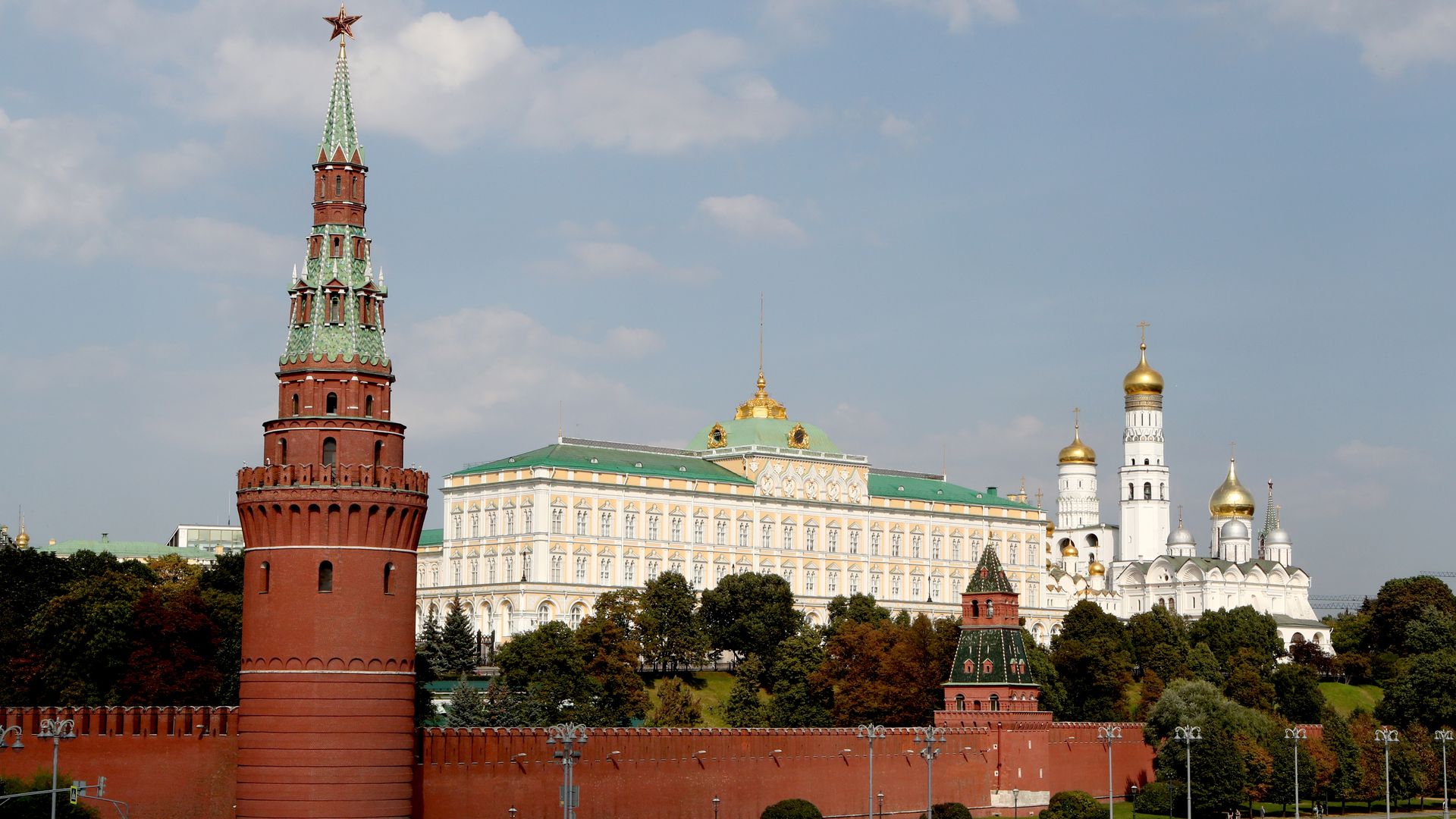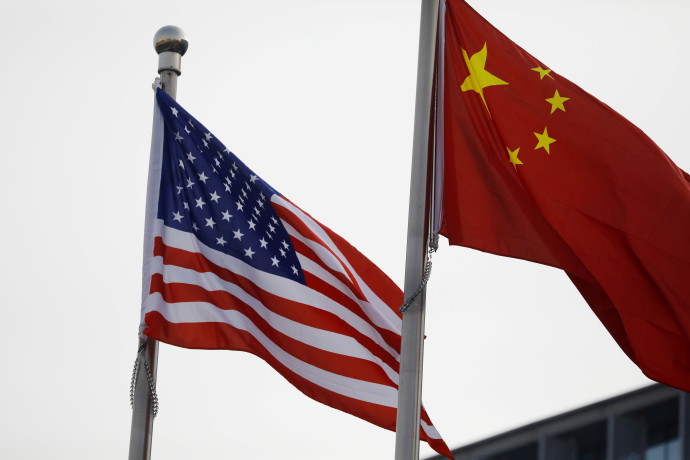A Worsening Ukraine Crisis Affects the Entire Globe
The conflict between NATO and Russia over Ukraine has a long history, and Putin’s Russian government has kept a watchful eye on Ukraine’s inclination toward independence since the breakup of the Soviet Union. Ukraine was not only the second largest republic in the Soviet era after Russia, but also has a pleasant climate, fertile soil and rivers and is abundant in natural resources such as coal, iron, oil and natural gas. It was also a unique internal “breadbasket of the Soviet Union,” while simultaneously being the base of heavy manufacturing and naval aircraft carrier construction. Its superior geography and economic circumstances make Ukraine, located between Russia and NATO, a place of strategic military importance.
Since the 1990s, the political systems of Central and Eastern European countries have undergone great changes, beginning with the breakup of the Soviet Union. One after another, many formerly socialist countries and Soviet republics then joined and sought protection under NATO. Russia concurrently saw its own power slipping, unable to fend for itself and without many choices. NATO’s sheltering of these small nations was seen by Russia as unfriendly behavior that posed a direct threat to its national security and an erosion in its sphere of influence — to the point that it has the subtle pressure of placing “soldiers at the city walls.” Whether or not Ukraine joins NATO is now the crucial reason for the Putin government’s massive military buildup along the Russia-Ukraine border, and for the increase in the stakes of negotiation.
Putin has repeatedly requested that NATO stop accepting former Soviet republics as members, with the most crucial ones including the Russia-bordering nations of Ukraine and Georgia. At the same time, he has asked for a reduction in military activity in central Europe and the Baltic Sea, while also requesting that the U.S. not deploy short- and medium-range missiles, easily threatening Russia, in exchange for Russia’s withdrawal of troops from the Ukraine border.
Both Ukraine and Georgia asked to join NATO at a 2008 summit meeting in Bucharest but have not yet received approval, and NATO concerns about Russian strategic unease cannot be ignored. Ukraine was unable to be autonomous during the Soviet era, and the national yearning for independence is understandable, but joining NATO is not its sole means of self-preservation. Imitating Finland’s model of nonalignment to defuse Moscow's wariness is a possible alternative that Kyiv must consider as an existential issue for the country.
Today, 100,000 Russian troops have their eyes set on Ukraine’s border, and some analysts believe that conditions have already been met for an unchallenged push inward. The U.S. and NATO evidently sense that Moscow may not simply be bluffing. If the Russian army makes a move, the effectiveness of NATO’s response will determine its strategic credibility. The survival of Ukraine is therefore related to the survival of NATO itself.
For the U.S., the Ukraine crisis is related more to its global strategy, particularly its use of Taiwan to contain mainland China. Should Ukraine break out into a military conflict, Beijing may very well take advantage of the U.S.'s inability to attend to two fronts at once and apply force in Taiwan, thereby forcing Washington into a disadvantageous situation. This may be the reason for Putin's daring to apply steady pressure on Washington and NATO.
Clearly, it is difficult for NATO to accept the conditions proposed by Moscow; Putin considers them to be crucial for Russia’s long-term stability, yet NATO cannot accept any potentially humiliating alternatives. The question now is this: If Putin considers the situation to be constrained by the pandemic and a weakened economy, and because NATO countries have failed to reach a consensus on hasty operations, then does the Russian army once again have an opportunity to quickly end its military campaign through a show of force? After all, despite repeatedly threatening severe sanctions, the U.S. has publicly stated that it does not intend to send troops to intervene. Recently, the new German government has called for a halt in the Nord Stream 2 project, which transports natural gas to Western Europe, which is also a bad omen.
Should Russia decide to use military force, Beijing may also judge this to be a golden opportunity for joint action. But if Eastern and Western fronts break out simultaneously, the U.S. will have absolutely no reason to stand by with its hands tied, and the situation could rapidly devolve into a mid-to-long-term military standoff. The U.S., Russia and China all possess great numbers of nuclear weapons capable of destroying the earth many times over; thus, it would be tantamount to dragging the world to the brink of a third and nuclear world war. This doomsday scenario is difficult to imagine, but appears to be brewing with each passing step.
The international community has painfully endured the past two years of a pandemic, with hopes of gradually reopening the economy. If a few major powers cannot find a peaceful way forward and continue to threaten each other militarily, it will be a dreadful and lamentable situation. There are many analysts who believe the state of the world today is already similar to the eve of World War I. At the time, no one anticipated a conflict, let alone the outbreak of war. But several foolish strategic decisions, misunderstandings and misjudgements, coupled with short fuses on the front lines, caused the eruption of total war and carnage between sides with mutual distrust. History teaches us that all sides must make an effort to exercise restraint and work tirelessly to avoid a descent into catastrophe.


